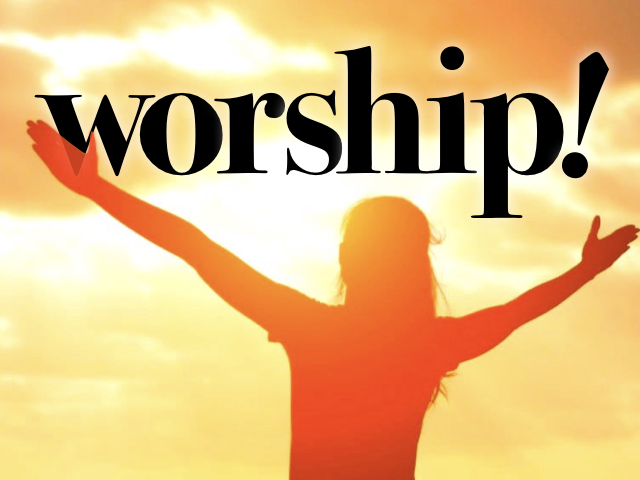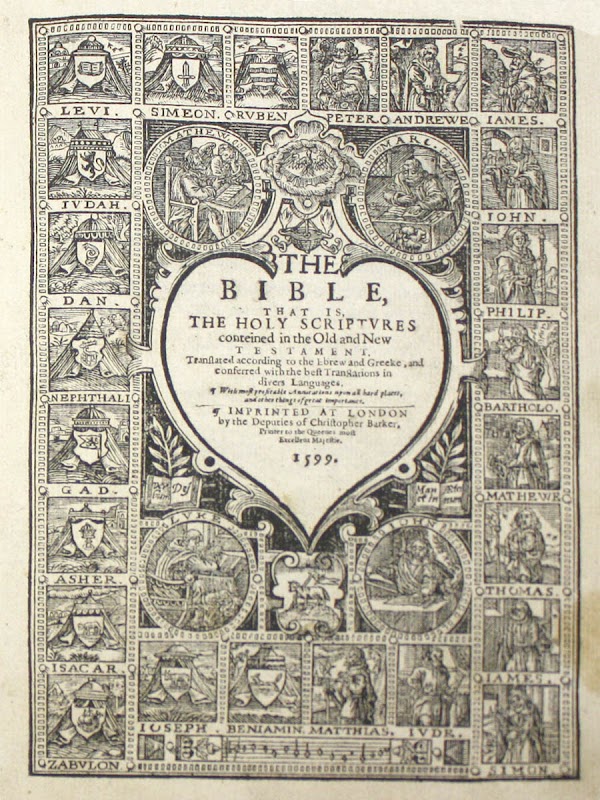
- NATIONALISM
'næʃ.(ə.)nəl.ɪz.əm noun. Belief a particular ethnic group (i.e. nation) should be congruent with the state, or be supreme within it; and the state’s native identity must share this ethnic group’s characteristics. - 2. Exalting one ethnic group above all others; promoting its culture and interests above (or against) those of other ethnic or multinational groups.
- [Nationalist
'næʃ.(ə.)nəl.ɪst noun.] - CHRISTIAN NATIONALISM noun. Belief Christians should be congruent with the state, or be supreme within it; and the state’s native identity must share Christianity’s characteristics.
- 2. Exalting Christians above all others; promoting its culture and interests above (or against) those of other religions and philosophies.
Let’s not mince words: Nationalism is a racist belief. Period.
French nationalists believe France should only consist of ethnic French people; any immigrants from Algeria, Spain, Switzerland, or any other country aren’t really French, even if they were born in France, speak fluent French, have French citizenship, and contribute to society. In fact French nationalists would really rather they didn’t contribute to society, ’cause they’re “not really French.”
Turkish nationalists: Same deal. Israeli nationalists: Same deal; if you’re not Jewish you’re not really Israeli. United States nationalists: Same deal, except instead of insisting Americans be native Americans (i.e. American Indians) they insist the only real Americans are white English-speaking Anglo-Saxons like them. And they’d really like it if everybody else would just “go back to where you’re from,” and thereby make America great again. (By which they mean white again. As if it was ever only white.)
Now yeah, there are various conservatives who claim they’re nationalist, but they’re not racist; they’re perfectly fine with nonwhite Americans! Some of their best friends are nonwhites! The United States is a melting pot; diversity is one of our strengths; immigrants make some of the best Americans; most of all they love ethnic food. They even have nonwhite relatives.
So why on earth do they identify themselves as nationalists? Well they’re Christian nationalists. It’s the very same idea the racists have… but now let’s swap out all the racism for Christianity. The United States should therefore only consist of Christians. Any immigrants with other religions need to abandon those religions at the border and embrace Christianity. Or at least recognize its supremacy in American culture and not fight that; they can practice their weird religions in private or in secret, but they must always remember America is a Christian nation.
Oh, I should mention many Christian nationalists don’t swap out all the racism for Christianity. Sometimes the racism’s still right there. Always has been. They want the United States to be a country for white Christians… but they find they get more traction if they emphasize Christianity, so they downplay the racism. For now. Privately, they’ll tell you all about it.
No, nationalism isn’t just extreme patriotism. Some of the lousier dictionaries will define it that way… and some Christians will define it that way ’cause they don’t really understand what nationalism is. They just think it sounds patriotic. It’s got “nation” in it! But they don’t understand “nation” doesn’t mean country; it means ethnic group. It’s about race. Christian nationalism may borrow the racist term… but there’s a lot of baggage Christian nationalists wind up borrowing right along with it. Christian nationalism has racism deeply embedded in it. Deeply.









